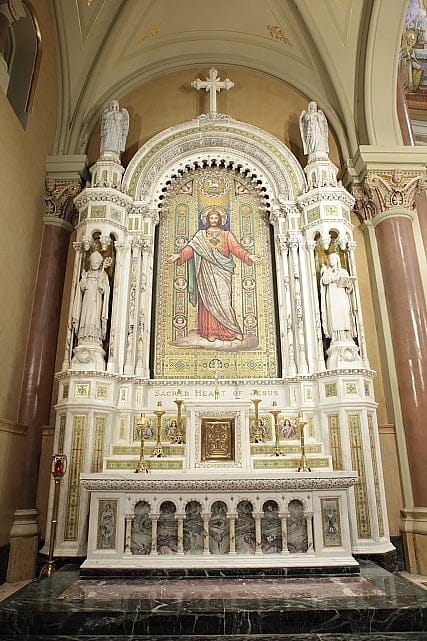Let’s Re-Open The Churches – Here’s How … And Why

Let's agree that the powers-that-be – the governor, the archbishop, ministers, public health officials – are trying to do what they think is best. They want to limit the spread of coronavirus so fewer people get sick and fewer people die.
When it comes to stopping access to religious services, though, they're wrong.
